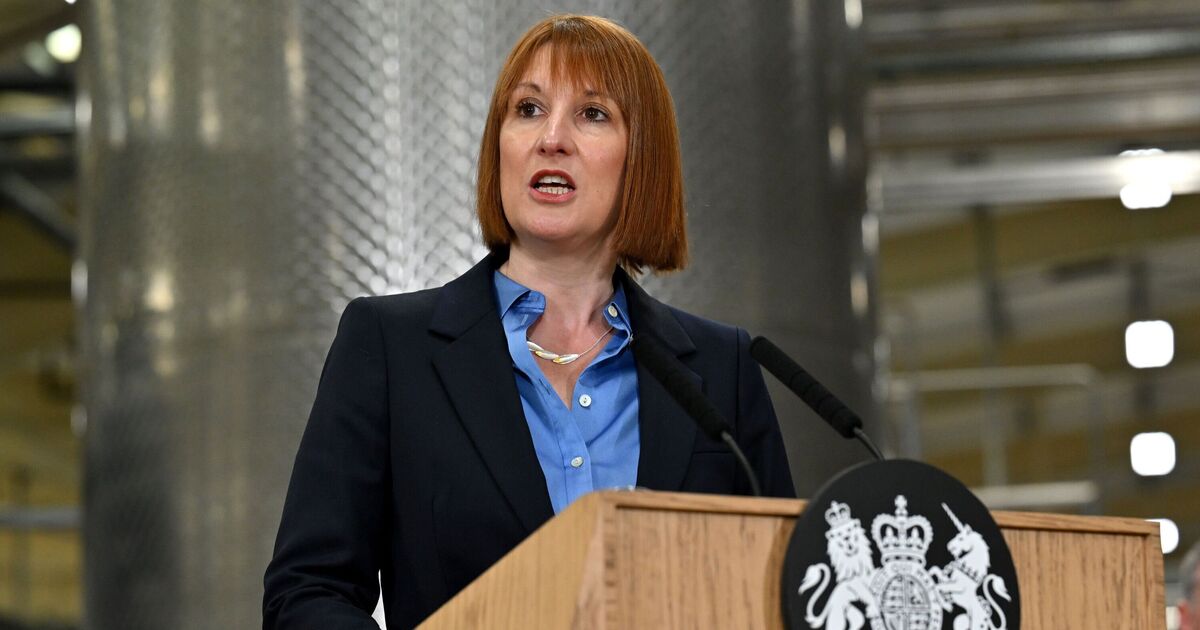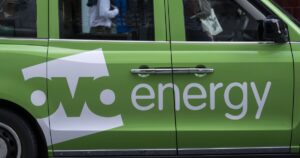
A new analysis warns that any decision in next week’s Budget to continue the freeze on tax thresholds could cost high earners £16,500 and also put a squeeze on those on middle incomes.
The last Conservative government froze tax thresholds for all workers from 2021-22 through to 2027-28, however the Chancellor Rachel Reeves is rumoured to be planning to continue this for another two years.
The freeze means the income threshold where people start paying tax is being held at £12,570. Tax is then paid at 20 percent on incomes from £12,571 to £50,270; 40 per cent from £50,271 to £125,140; and 45 percent above £125,140.
The effect of the freeze means that every year, as incomes rise, more people are being pulled into paying tax, or higher rates of tax under a process known as fiscal drag.
Extending the freeze for a further two years is estimated to raise the Treasury some £7 billion a year without any need to raise the headline rates at which Income Tax is charged.
An analysis by the Telegraph suggests that the effect of extending the freeze for two years, rather than raising tax thresholds in line with increases in wage, would cost someone earning £70,000 some £8,266 a year.
For someone earning the average wage of £43,200 this year, extending the freeze on tax thresholds would cost an estimated £1,654 a year.
Separately, a Bank of England expert has warned that the freeze on tax thresholds, so taking money out of the pockets of workers, has been a big factor in holding back growth in the UK economy.
Catherine Mann, an external member of the BoE’s Monetary Policy Committee, said people on middle incomes had been hard hit by the effect of income tax and national insurance thresholds being fixed in cash terms, coming on top of higher mortgage costs and consumer prices.
“This middle-income group is an especially important one. They have been exposed to a relatively greater degree to tax-bracket creep. Under inflation, more of this group had more of their income creep into a higher tax bracket. This is an important consideration for purchasing power in the current environment,” she told an event at the IMF’s annual meetings in Washington.
Catherine Mann said she was not making any comment on the October 30 Budget, where Reeves is expected to extend the freeze. But she said the central bank had identified the existing freeze as “a significant drag” on growth, with its latest forecasts for the UK economy, published in August, singling out fiscal policy as “an important ingredient in the slowdown in economic activity associated with that forecast”.
She added that this was one reason UK growth prospects remained “pretty modest” even after this week’s upgrade by the IMF, which now expects Britain’s GDP to grow by 1.1 percent in 2024, up from 0.7 percent previously, and 1.5 per ent in 2025.
Mann said: “Consumer behaviour really is the linchpin”, and she noted that middle-income households in the UK were still saving more than before because they have been scarred by the impact of the cost of living crisis.
Since “fiscal drag” does not involve changing headline rates, it has generally not provoked the public opposition generated by more explicit tax-raising measures.
However, the UK’s freezes are bringing more people into paying income tax. Two-thirds of the adult population is set to pay income tax in 2027-28, compared with 58 percent before the freezes started, according to the Institute for Fiscal Studies think-tank. The number of people paying higher rates of income tax has more than doubled since 2010.

















